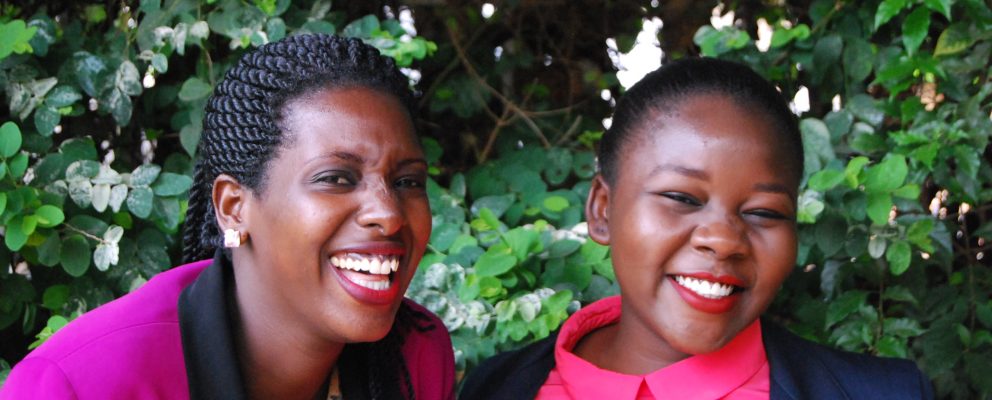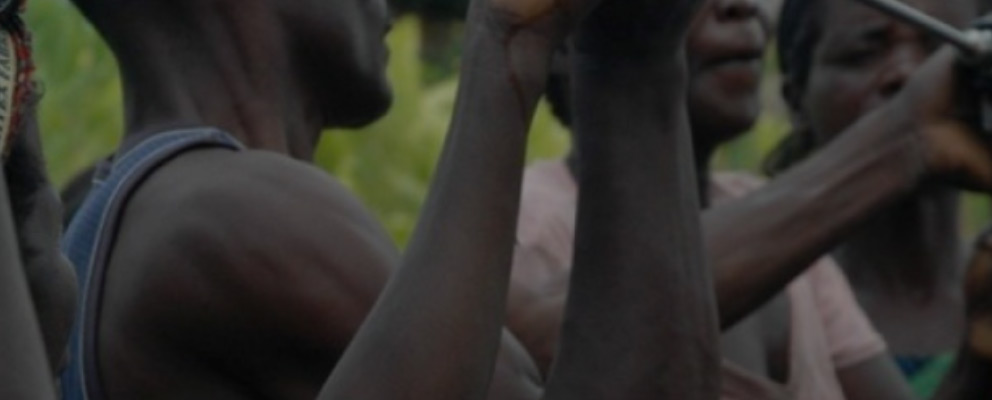Globally, women and girls are underserved and underrepresented by the economic systems they navigate.
Numerous barriers are present for women and girls as they seek financial inclusion, technological inclusion, access to education, access to fair work and additionally, leadership opportunities in the workplace. Recognizing that this is a systemic issue, EWB as an Impact Investor, sought to consider these disparities in developing and implementing its approach to the investment of early stage ventures in sub-Saharan Africa (SSA).
In seeking to better understand how to incorporate a gender lens as an early stage investor, EWB with financial support from the Mastercard Foundation, undertook a pilot to support early stage ventures in SSA to integrate a gendered lens for business and social impact. This project saw a number of successes and challenges. It also brought forward a number of key takeaways and lessons, detailed within this report, with the hopes of bolstering shared learnings and further fostering conversation about Gender Lens Investing (GLI) in SSA.
This report will outline the process EWB took to implement a gendered lens with four portfolio and pipeline ventures. This report will highlight a case-study for each venture, providing real life suggestions and tools that can be used by other impact investors and entrepreneurs seeking to integrate their own gendered lens approach. While this project was focused on the relatively early stages of applying a gendered lens, it generated key lessons and building blocks that EWB intends to use to invigorate its work moving forward. Through this report, a clear and iterated process was identified for working with ventures in a way that was flexible to fit the unique needs of an early-stage business. This process can be duplicated and fine-tuned to fit other investors’ needs, and can also help lay out a guideline for entrepreneurs or ventures seeking to integrate this lens on their own.
EWB would like to acknowledge and thank Lucy Wakiaga, Courtney Bolinson, and Laura Allan for the expertise and dedication they brought to the pilot, as well as the Mastercard Foundation for their financial support.
Click here to download the report “Supporting Early-Stage Ventures in Sub-Saharan Africa with Gender Inclusion: A Gender Lens Investing Pilot.”
Supplementary Resources
- “Gender” – WHO https://www.who.int/health-topics/gender
- “Gender Lens Investing Initiative” – The GIIN https://thegiin.org/gender-lens-investing-initiative
- “Sex-disaggregated Data” – European Institue for Gender Equality https://eige.europa.eu/gender-mainstreaming/methods-tools/sex-disaggregated-data
- “Turning Intentions Into Actions: How to Bolding implement Gender Lens Investing” – David Venn https://nextbillion.net/how-to-boldly-implement-gender-lens-investing/
- “Investing in Women: New Evidence for the Business Case” – International Financing Corporation https://www.ifc.org/wps/wcm/connect/topics_ext_content/ifc_external_corporate_site/gender+at+ifc/priorities/entrepreneurship/investing+in+women_new+evidence+for+the+business+case
- “Why Women Owned Startups are Better” – Katie Abouzahr, Matt Krentz, John Harthorne, and Frances Brooks Taplett https://www.bcg.com/publications/2018/why-women-owned-startups-are-better-bet.aspx
- “GMT Barriers to Growth Report” – Women in Finance Network https://gracamacheltrust.org/2018/06/14/gmt-growth-barriers-report/
- “Realizing the potential of women entrepreneurs in Africa” – Suzanne Biegel https://impactalpha.com/realizing-the-potential-of-women-entrepreneurs-in-africa-8329a1f26b2c/
- “WHO Timeline – COVID 19” – WHO https://www.who.int/news-room/detail/27-04-2020-who-timeline—covid-19
- “African Businesses face ruin from lockdowns” – Michael Cohen, Tope Alake, and Moses Mozart Dzawu https://docs.google.com/document/d/1UNrlnFINrc1oYr7mx-9wMue_c4dSIjHW0I_3tL3jh9A/edit
- “The Mobile Gender Gap Report 2020” – GSMA https://www.gsma.com/mobilefordevelopment/wp-content/uploads/2020/05/GSMA-The-Mobile-Gender-GapReport-2020.pdf

